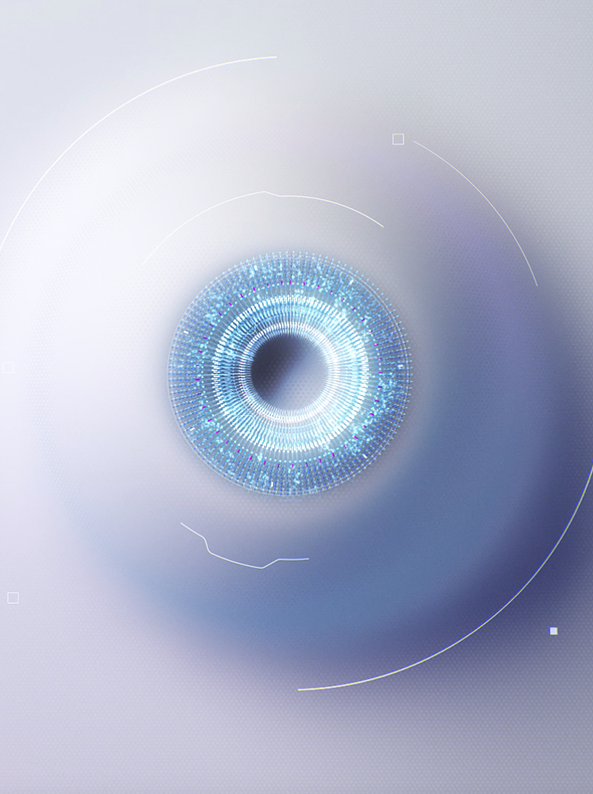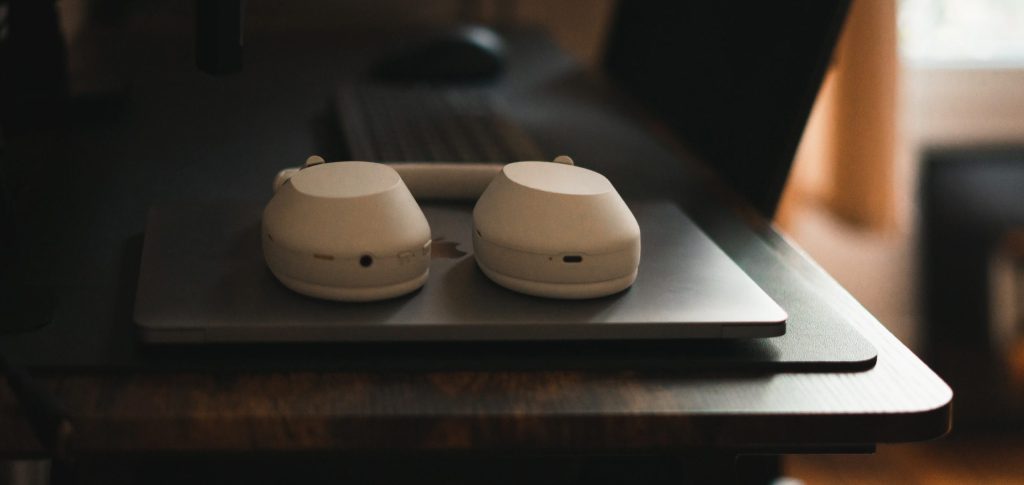In recent years, the healthcare industry has witnessed a transformative shift driven by technological advancements. Among these innovations, AIOS (Artificial Intelligence Operating System) for healthcare is emerging as a game-changer. By integrating AI capabilities into healthcare systems, AIOS enhances patient care, streamlines operations, and optimizes resource allocation. This article explores the latest trends, solutions, and applications of AIOS in healthcare, highlighting its potential to revolutionize the industry.
.
**Understanding AIOS in Healthcare**
AIOS refers to an operating system that incorporates artificial intelligence to facilitate various functions within a healthcare setting. Unlike traditional operating systems, AIOS can analyze vast amounts of data, learn from patterns, and make informed decisions. This capability is particularly valuable in healthcare, where data is abundant but often underutilized.
.
**Trends in AIOS for Healthcare**
The adoption of AIOS in healthcare is on the rise, driven by several key trends:
1. **Predictive Analytics**: AIOS leverages predictive analytics to forecast patient outcomes, identify potential health risks, and improve treatment plans. By analyzing historical data, AIOS can help healthcare providers make proactive decisions, ultimately enhancing patient care.
2. **Personalized Medicine**: AIOS enables personalized treatment plans tailored to individual patient needs. By analyzing genetic information, lifestyle factors, and medical history, AIOS can recommend targeted therapies that are more effective and have fewer side effects.
3. **Telemedicine Integration**: The COVID-19 pandemic accelerated the adoption of telemedicine, and AIOS is playing a crucial role in this transition. By integrating AI-driven tools, healthcare providers can offer remote consultations, monitor patient health, and manage chronic conditions more effectively.
.
**AI-Powered Task Management in Healthcare**
One of the most significant applications of AIOS in healthcare is AI-powered task management. Healthcare professionals often face overwhelming workloads, leading to burnout and decreased productivity. AI-powered task management systems can alleviate this burden by automating routine tasks and optimizing workflows.
.
**Benefits of AI-Powered Task Management**
1. **Efficiency**: AI-powered task management systems can automate scheduling, patient follow-ups, and documentation, allowing healthcare professionals to focus on patient care rather than administrative tasks.
2. **Resource Allocation**: By analyzing workload patterns, AIOS can help healthcare organizations allocate resources more effectively. This ensures that staff members are not overburdened and that patients receive timely care.
3. **Improved Communication**: AIOS can facilitate better communication among healthcare teams by providing real-time updates and alerts. This enhances collaboration and ensures that everyone is on the same page regarding patient care.
.
**AI-Driven OS Virtualization in Healthcare**
Another critical aspect of AIOS in healthcare is AI-driven OS virtualization. This technology allows healthcare organizations to run multiple operating systems on a single physical server, optimizing resource utilization and reducing costs.
.
**Advantages of AI-Driven OS Virtualization**
1. **Cost Savings**: By consolidating multiple servers into a virtualized environment, healthcare organizations can significantly reduce hardware costs, energy consumption, and maintenance expenses.
2. **Scalability**: AI-driven OS virtualization allows healthcare organizations to scale their IT infrastructure quickly. As patient volumes fluctuate, organizations can easily adjust their resources to meet demand without significant investments.
3. **Enhanced Security**: Virtualization can improve security by isolating applications and data within virtual environments. This reduces the risk of data breaches and ensures that sensitive patient information is protected.
.
**Industry Use Cases of AIOS in Healthcare**
Several healthcare organizations are already leveraging AIOS to enhance patient care and operational efficiency. Here are a few notable use cases:
1. **Mayo Clinic**: The Mayo Clinic has implemented AI-powered tools to analyze patient data and predict health outcomes. By using predictive analytics, they can identify patients at risk of developing complications and intervene early, improving overall patient outcomes.
2. **Mount Sinai Health System**: Mount Sinai has developed an AI-driven virtual assistant that helps patients schedule appointments, access medical records, and receive personalized health information. This has streamlined patient interactions and improved satisfaction rates.
3. **Cleveland Clinic**: The Cleveland Clinic utilizes AI-powered task management systems to optimize scheduling and resource allocation. By automating administrative tasks, they have reduced wait times for patients and improved staff productivity.
.
**Challenges and Solutions in Implementing AIOS for Healthcare**
While the potential of AIOS in healthcare is immense, several challenges must be addressed for successful implementation:
1. **Data Privacy Concerns**: The use of AIOS involves the collection and analysis of sensitive patient data. Healthcare organizations must ensure compliance with regulations such as HIPAA to protect patient privacy.
2. **Integration with Legacy Systems**: Many healthcare organizations still rely on legacy systems that may not be compatible with AIOS. Organizations must invest in upgrading their infrastructure to fully leverage AI capabilities.
3. **Training and Adoption**: Healthcare professionals may be resistant to adopting new technologies. Providing comprehensive training and demonstrating the benefits of AIOS can help facilitate smoother transitions.
.
**Conclusion: The Future of AIOS in Healthcare**
As the healthcare industry continues to evolve, AIOS is poised to play a pivotal role in shaping its future. By enhancing patient care, streamlining operations, and optimizing resource allocation, AIOS can help healthcare organizations meet the demands of a rapidly changing landscape.
.
The integration of AI-powered task management and AI-driven OS virtualization further amplifies the potential of AIOS, offering innovative solutions to longstanding challenges in the industry. As more healthcare organizations embrace these technologies, we can expect to see improved patient outcomes, increased efficiency, and a more sustainable healthcare system.
.
**Sources:**
1. “The Role of AI in Healthcare: A Comprehensive Overview,” Healthcare IT News, 2023.
2. “AI in Healthcare: Current Trends and Future Directions,” Journal of Medical Internet Research, 2023.
3. “AI-Powered Task Management: Transforming Healthcare Operations,” HealthTech Magazine, 2023.
4. “Virtualization in Healthcare: Benefits and Challenges,” Healthcare Informatics, 2023.
5. “Case Studies in AI Implementation in Healthcare,” Harvard Business Review, 2023.




























